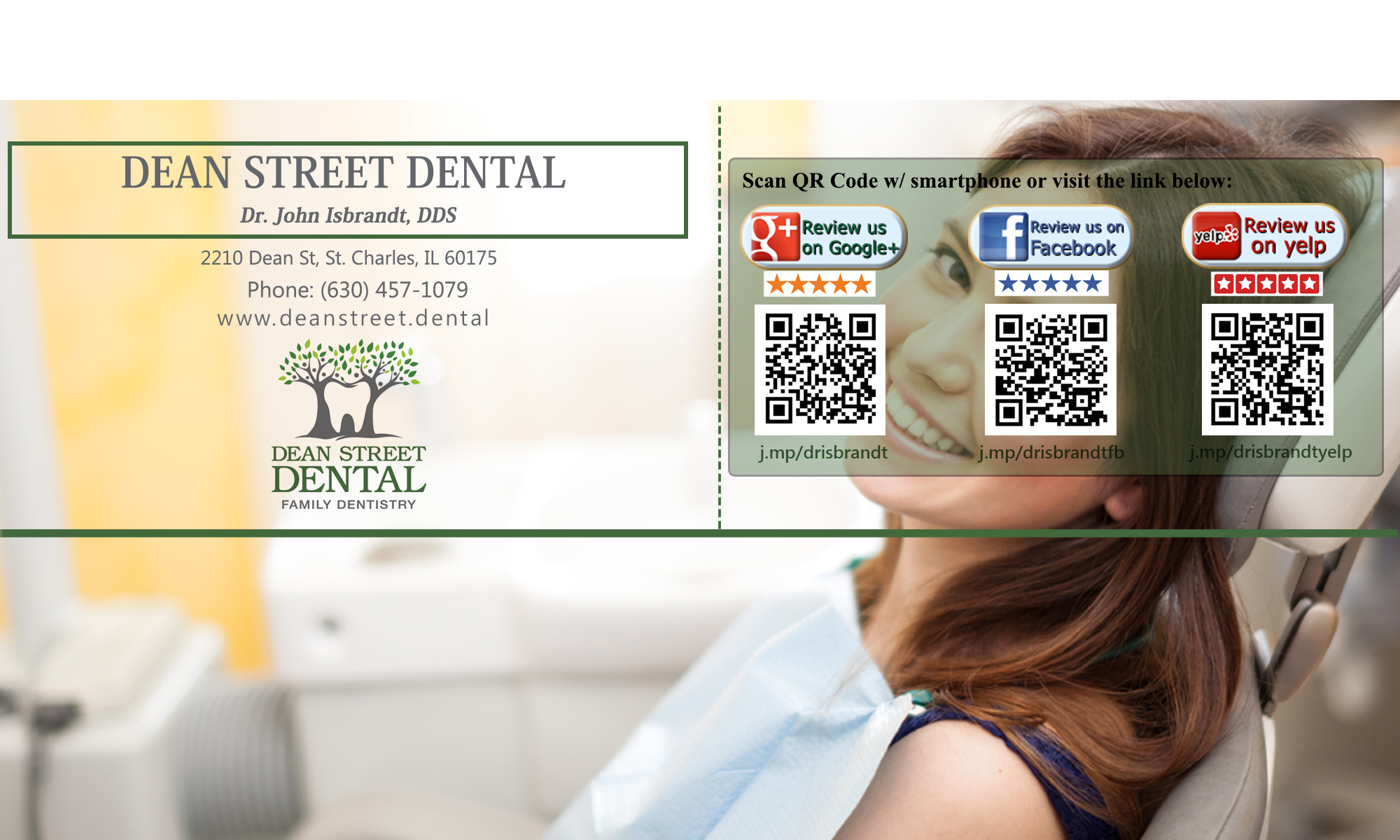Periodontal disease is an infection of the tissues that support your teeth.
There is a very slight gap (called a sulcus) between the tooth and the gum.
Periodontal diseases attack this gap and cause a breakdown in the attachment of the tooth and its supporting tissues.
When the tissues are damaged, the sulcus develops into a pocket and, as the disease gets more severe, the pocket usually gets deeper.
The two major stages of periodontal disease are gingivitis and periodontitis.
Gingivitis is a milder and reversible form of periodontal disease that only affects the gums. Gingivitis may lead to periodontitis, which is a more serious, destructive form of periodontal disease.
There are several factors that have been shown to increase the risk of developing periodontal disease:
– Systemic diseases such as diabetes
– Some types of medication
– Crooked teeth
– Bridges that no longer fit properly
– Fillings that have become defective
– Smoking
– Pregnancy
And there are a number of warning signs that can suggest a possible problem:
– Gums that bleed easily
– Red, swollen, tender gums
– Gums that have pulled away from the teeth
– Persistent bad breath or taste
– Permanent teeth that are loose or separating
– Any change in the way your teeth fit together when you bite
– Any change in the fit of partial dentures
However, its also possible to have periodontal disease with no warning signs.
Its therefore important to have regular dental checkups and periodontal examinations.
If you have developed periodontal disease, the treatment will depend on how far it has progressed.
You can take steps to prevent periodontal disease from becoming more serious or recurring.
Good dental hygiene practices such as brushing twice a day, cleaning between your teeth, eating a healthy diet and having regular visits to the dentist will make a huge difference.
